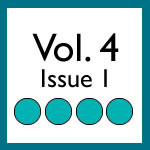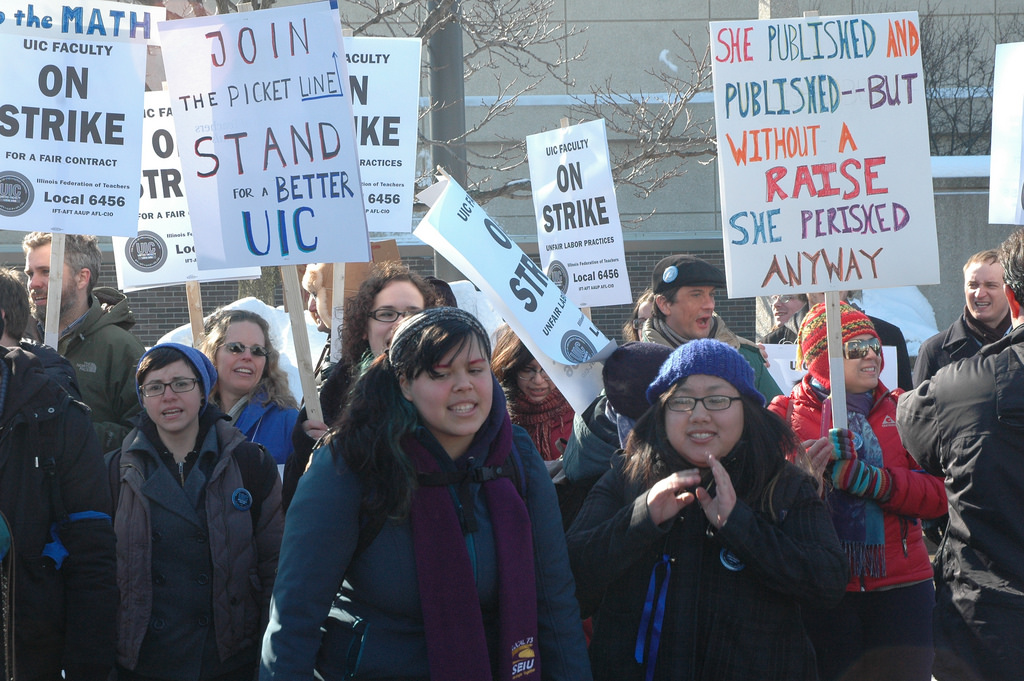Vol. 3.1: A Visionary Issue
When we created Present Tense several years ago, the editors envisioned a scholarly online forum for exploring a wide variety of contemporary issues through a rhetorical lens. Volume 3.1 furthers the realization of that vision, assembling an array of impressive rhetorical research on current topics from politics to pop culture, from empathy to hostility, from methods of doubt to methods of belief, from expressions of identity in the rural United States to the streets of Egypt, from bodies as interfaces to bodies as exhibitions, from real to imagined geographies, and back again. Following Volume 2.2, a special double-issue presenting a depth of exciting recent scholarship in Medical, Gender, and Body Rhetorics, Volume 3.1 returns readers to the eclectic breadth of our general issues.
This issue is also our most multimodal collection to date, including our first slidecast essay (“The Quiet Country Closet”) and our first full audio essay (“Voices in Egypt”), as well as a number of other essays that incorporate images, video, and additional modes beyond alphabetic text. We are grateful for this innovative groundwork and hope to publish more scholarship like it in the issues ahead.
Volume 3.1 includes the following pieces:
The Quiet Country Closet: Reconstructing a Discourse for Closeted Rural Experiences: Garrett Nichols examines the rhetorical and communal practices of rural LGBTQ dwellers “who have no desire to flee their supposedly oppressive communities.”
Voices in Egypt: Sound and Revolution: Abigail Lambke explores the Egyptian Revolution of 2011 as a “recorded revolution”—one in which oral utterances of the uprising have been preserved through technology to document the struggle of Egyptians in protest.
From GUI to NUI: Microsoft’s Kinect and the Politics of the (Body as) Interface: David M. Rieder interrogates the role of reflection and critique in immersive natural-user interface (NUI) environments, such as Microsoft Kinect, in which users themselves effectively become the interface.
Rhetorical Empathy in Dustin Lance Black’s 8: A Play on (Marriage) Words: Lisa Blankenship describes how the concept of rhetorical empathy functions in arguments about gay marriage in the play 8.
Louis C.K.’s ‘Weird Ethic’: Kairos and Rhetoric in the Network: James J. Brown, Jr. argues that comedian Louis C.K. opens himself to kairotic moments of vulnerability and unpredictability, in contrast to the snark that constitutes “the dominant mode of networked rhetorical situations.”
Why So Hostile?: The Relationships among Popularity, “Masses,” and Rhetorical Commonplaces: Mark D. Pepper addresses arguments against popular texts by invoking and questioning the rhetorical commonplaces that denigrate mass culture.
“That Light-Bulb Feeling”: An Interview with Clay Spinuzzi: Brian McNely sits down with Clay Spinuzzi at the 2012 Association for Computing Machinery (ACM) Special Interest Group on Design of Communication Conference to ascertain Spinuzzi’s ideas about genre, research methodologies, and much more.
Instructive Commodities: The Rhetorical Regulation of American Health and Gender Norms in Bodies…The Exhibition: Tara Pauliny looks to the popular Bodies…The Exhibition as an example of “how regulation and commodification are networked” to inscribe bodies as metaphors for international commercial practices.
Residual Nations and Cyber Yugoslavia: Speech Acts and Nationality in the Internet Age: Mary Hedengren discusses the “residual nation” of Cyber Yugoslavia to demonstrate how technology can transform and transgress notions of nationhood in contemporary political discourse.
We thank our readers for visiting the site and invite you to read and download the articles from this latest issue for your own scholarship, teaching, and general interest. And we welcome conversation through the response feature found at the bottom of every article. Finally, many ongoing thanks to our authors, editors, reviewers, advisers, and other supporters who continue to shape the vision of Present Tense and who work to make that vision a reality in myriad ways.
Sincerely,
Megan Schoen, Managing Editor
Joshua Prenosil, General Editor
Cristyn L. Elder, Managing Editor
Ehren Helmut Pflugfelder, Managing Editor
Elizabeth L. Angeli, Annotated Bibliography Editor
Caitlan Spronk, Technical Editor
Allen Brizee, Review Editor
Alexandra Hidalgo, Multimedia Editor
Don Unger, Print Editor
Jessica E. Clements, Style Editor
John Williford, Design Editor



